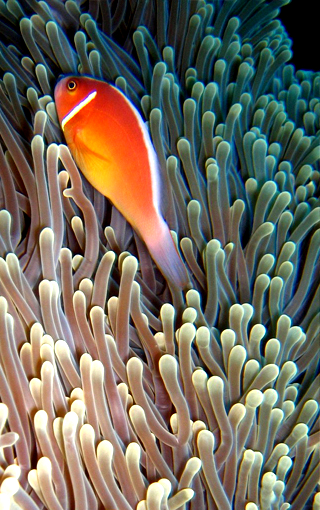Enviro checks head for cane fields
 Queensland Department of Environment and Heritage Protection officers are visiting sugar cane properties this to help improve the quality of water flowing out to the Great Barrier Reef.
Queensland Department of Environment and Heritage Protection officers are visiting sugar cane properties this to help improve the quality of water flowing out to the Great Barrier Reef.
The flow of sediment, nutrients and pesticides from cane farms to the Reef brings more dangerous impacts every year, and Queensland Environment Minister Stephen Miles says the officers have been dispatched to uphold minimum standards, communicate with and assist farmers.
“It's not a dedicated team, it's the team that does environmental compliance across the state,” Mr Miles said.
“They are being trained in how we want them to apply the laws. Their first field activities will be very much focused on outreach, communication and education.
“The objective of the exercise here isn't to catch people out.
“We actually want to work with people, work with producers, work with growers to ensure that the laws are being met.”
Mr Miles said he was unimpressed by the low number of cane growers in the voluntary Best Management Practice (BMP) program last year.
HE warned back then that if the voluntary system did not start to show better results for the Great Barrier Reef, he would replace it with something stricter.
Along those lines, the environment department has put out a new compliance program to slow the flow of sediment, nutrients and pesticides from all industries, focusing on ‘high priority areas’ from the Burdekin district to Far North Queensland.
The compliance officers have held meetings to “inform and assist industry to meet their regulatory obligations to protect the reef”.
The team will consist of 48 compliance officers, who also have other roles within the department.
“Obviously if people want to ignore the law and ignore the advice, then over time we will move to enforcement activity, but that is very much not our preference,” Mr Miles said.
“Our first preference is to work with people in the first instance so that they do comply with the law.”







 Print
Print